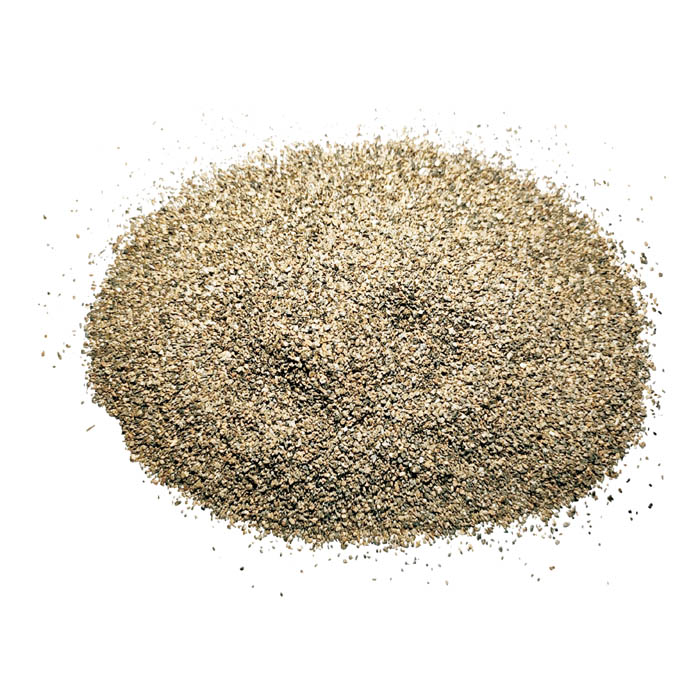ਸਤੰ. . 28, 2024 18:17 Back to list
Vermiculite Supplier for Enhanced Soil Quality and Plant Growth Solutions
The Use of Vermiculite in Soil Manufacturing Benefits and Considerations
Vermiculite, a naturally occurring mineral, has gained significant attention in the field of horticulture and soil manufacturing due to its unique properties and multiple benefits. This phyllosilicate mineral, which expands when heated, is widely used to enhance soil structure, water retention, and aeration. In this article, we will explore the advantages of vermiculite for soil manufacturers, its applications, and some considerations to keep in mind when using it in soil mixes.
Understanding Vermiculite
Vermiculite is formed through the weathering of mica and is known for its lightweight, absorbent properties. When subjected to high temperatures, it expands to many times its original volume, forming a soft, spongy material that is ideal for various agricultural and horticultural applications. The special structure of vermiculite allows it to hold water and nutrients while providing adequate aeration for plant roots.
Benefits of Vermiculite in Soil Manufacturing
1. Improved Water Retention One of the most significant advantages of vermiculite is its ability to retain moisture. This characteristic makes it an excellent addition to potting soils and seed starting mixes, helping to ensure that plants receive adequate hydration without the risk of waterlogging.
2. Enhanced Aeration The expanded structure of vermiculite creates air pockets within the soil mix, improving aeration. This is vital for root health as it allows for better oxygen flow, reducing the likelihood of root rot and promoting overall plant vigor.
3. Nutrient Retention Vermiculite is known to hold essential nutrients and release them gradually to plants. This slow-release characteristic aids in maintaining a balanced nutrient profile in the soil, supporting healthy plant growth.
4. pH Neutral Properties For those concerned about the acidity or alkalinity of their soil, vermiculite provides a pH-neutral option. This makes it an ideal amendment for a variety of plants, as it does not interfere with the soil's natural pH balance.
5. Lightweight Nature As a lightweight component, vermiculite makes soil mixes easier to handle, reducing shipping costs and making it ideal for container gardening. It helps in creating portable garden solutions that are easier for gardeners to manage.
Applications of Vermiculite in Soil Manufacturing
Vermiculite is versatile and can be used in various soil mixes for different purposes
vermiculite for soil manufacturer

- Potting Mixes For indoor and outdoor plants, vermiculite is often blended into potting mixes to enhance water retention and aeration, contributing to healthy root development.
- Seed Starting Vermiculite’s fine texture and moisture-retaining properties make it an excellent growing medium for seed starting. It provides optimal conditions for germination and young plant establishment.
- Hydroponic Systems Due to its physical properties, vermiculite is also used in hydroponic systems, where it acts as a growing medium that supports plant roots while retaining moisture and nutrients.
- Soil Amendments In garden beds, vermiculite can be mixed with existing soil to improve its texture and enhance its ability to retain water and nutrients.
Considerations When Using Vermiculite
While vermiculite offers numerous benefits, there are a few considerations to keep in mind
1. Quality Variability The quality of vermiculite can vary significantly based on the source. It is crucial for soil manufacturers to choose high-quality vermiculite from reputable suppliers to ensure consistency and performance.
2. Dust Production During handling and mixing, vermiculite can produce dust, which may irritate the respiratory system. Therefore, appropriate safety measures, including masks and proper ventilation, should be implemented during mixing and use.
3. Cost Factor While vermiculite is effective, it can be more expensive than other soil amendments. Soil manufacturers must evaluate the cost-effectiveness based on their specific applications and target market.
Conclusion
Vermiculite is a powerhouse additive in soil manufacturing, offering a multitude of benefits that enhance plant growth and soil health. With its excellent moisture retention, aeration, and nutrient-holding capabilities, it is a valuable component in various gardening and horticultural applications. As soil manufacturers continue to innovate and develop new formulations, the incorporation of vermiculite will likely play a central role in the quest for healthier plants and sustainable gardening practices.
-
High-Quality Fe-C Alloy Leading Manufacturers & Spherical Alloy Materials Supplier
NewsJun.10,2025
-
Premium Low Nitrogen Recarburiser Supplier & Manufacturer – High Quality Exporters
NewsJun.10,2025
-
DT4 High-Quality Magnetic Materials Leading DT4 Manufacturer & Supplier
NewsJun.10,2025
-
High-Performance Spring Steel Suppliers Custom Solutions
NewsJun.10,2025
-
Premium SWRCH6A Manufacturer Steel Wire Supplier & Factory
NewsJun.10,2025
-
Premium Mild Steel Wire Rod Supplier & Manufacturer
NewsJun.10,2025
